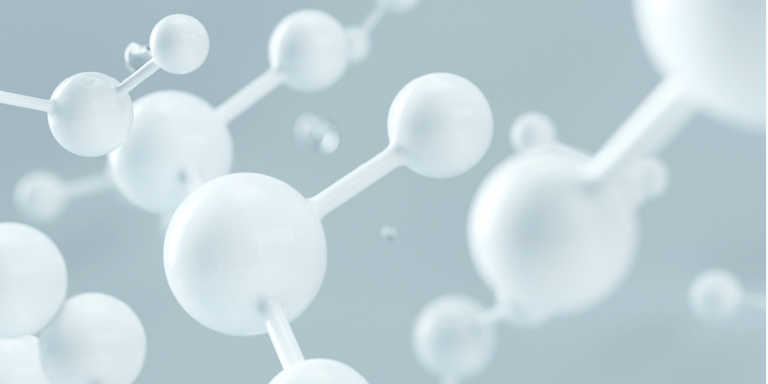
RISE is a CNRS program, and the fifteen or so start-ups that win in the various calls for projects benefit from customized support for a year, as well as inclusion in the CNRS Innovation network of experts and partners to structure and develop their project. Innatelogic’s project, which is to model biochemical reaction networks using AI, was selected for the APP 2022.
Launched in 2019, the CNRS RISE support program, operated by CNRS Innovation, aims to support deeptech startup projects that aim to exploit technologies developed within the 1,100 laboratories under CNRS supervision. For this 2022 edition, 14 projects have been selected, including five from CNRS laboratories in the Paris-Saclay science and technology cluster, among them Innatelogic.
A team of dedicated experts and mentors will follow the start-up through all the stages of its development to help it successfully complete its business project, and more specifically to :
- Identifying the skills needed to carry out the project and proposing ways to integrate the missing skills according to expectations;
- The definition of their financing strategy;
- The positioning of their technology on a market allowing the establishment of a sustainable commercial structure, through a structured market discovery process. At the end of these steps, a coherent product/market pair will be defined and a business plan formalized.
Modeling biochemical reaction “networks” using AI
If we want to understand biochemical reactions, we must first understand the mechanisms and the different interactions between a wide variety of molecules, from DNA to proteins on the surface of cells. These biochemical networks of reactions are very complex, their modeling difficult and computationally intensive, impossible to achieve by hand.
Created by Benedikt Bollig (Research Director at CNRS), Matthias Függer (Research Fellow at CNRS) and Thomas Nowak (Senior Lecturer at Paris-Saclay University) at LISN and LMF, Innatelogic uses AI and deep learning to overcome this problem.
Matthias Fûgger explains:
“AI is currently the best answer to optimization problems. It’s all about finding the best parameters by testing many possibilities, and artificial neural networks and deep learning methods are very effective in this regard.”
Training algorithms with Innatelogic’s biochemistry expertise
Innatelogic researchers took a different approach to building their AI: they relied on their expertise in biochemistry to “guide” the algorithms. Limiting the exploration of the algorithm to the possible reactions of interest allowed them to reduce computation times, but also to explain and follow the logic behind the result presented by the AI.
Thomas Nowak states:
“Unlike many current AIs, ours is not a ‘black box’. We give our AI a structure based on our knowledge of biochemical reactions and existing knowledge.”
As a result, Innatelogic’s AI tool will be readable, easy to use and will be able to describe a biochemical reaction network and its evolution over time.
Benedikt Bollig explains:
“More and more research is done in silico, via simulation, which speeds up processes and lowers costs. We are building a versatile tool capable of meeting this need, with a well-designed user interface. Our goal is to have software that can be used without a manual!”
The researchers foresee two uses:
- In pharmacokinetics, to simulate the circulation of a drug in the body, its effect, and its fate;
- In bioengineering, to identify the best place to modify DNA, for example to optimize bioproduction using bacteria.
Translated from Innatelogic, start-up spécialisée en biochimie, lauréate de l’appel à projets RISE 2022









